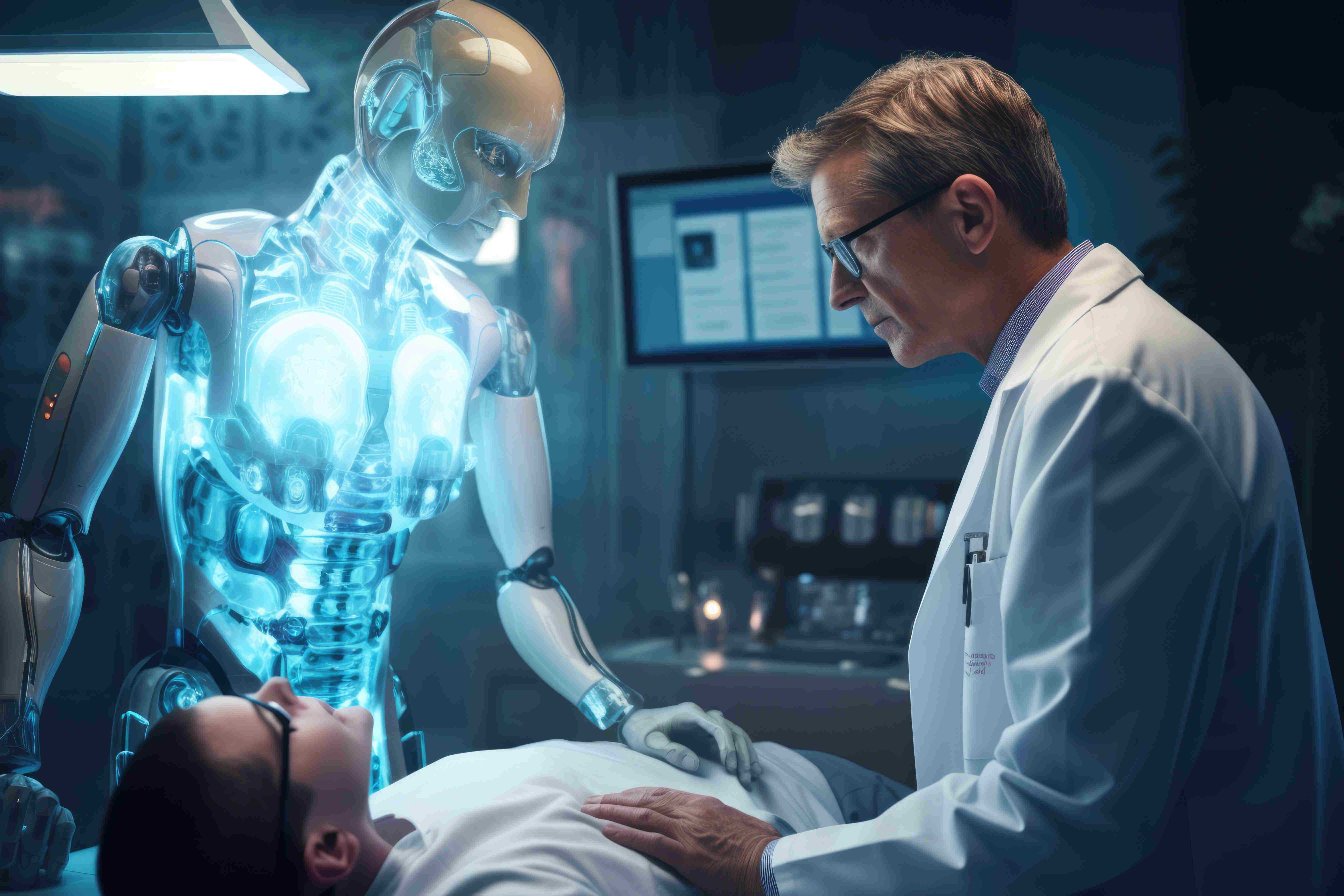
@ShahidNShah


Whether the changes are good or bad probably depends on how much they help or hinder your ability to do your job
Read on medicaleconomics.com
The use of artificial intelligence (AI) in healthcare has surged in recent years, promising to transform various aspects of medical practice, including diagnosis, treatment, patient care, and billing. This surge is driven by the convergence of advanced algorithms, big data analytics, and machine learning techniques, allowing healthcare companies to glean insights from vast datasets for more accurate diagnostics, personalized treatment plans, and improved patient outcomes. AI's ability to swiftly process and analyze extensive medical information, coupled with its knack for identifying patterns and trends, positions it as a revolutionary force in healthcare, promising to streamline clinical workflows and enhance the quality and efficiency of patient care.
As AI applications move from promises to practical implementations within health systems, healthcare providers are beginning to grasp how AI may reshape medical practice and patient care delivery. Here are three recent examples:
AI in Primary Care: Sentara Health, in collaboration with RhythmX AI, aims to enhance primary care through predictive and generative AI technologies. This partnership seeks to offer hyper-personalized primary care, empowering clinicians with direct access to clinical actions derived from relevant guidelines. The AI platform provides clinicians with real-time, pertinent information at the point of care, streamlining workflows and enabling more meaningful patient engagement during visits. The long-term vision involves all members of the primary care team utilizing the intelligence platform, ensuring consistent, high-quality care for patients.
AI Instead of Chronic Care Nursing: Generated Health and the College of William & Mary are collaborating to develop next-generation AI, including an autonomous digital nurse named Florence. Using generative AI and reinforcement learning, Florence aims to revolutionize care coordination by interacting with patients and clinical workflows, learning to make decisions dynamically. This AI nurse has demonstrated success in managing chronic conditions, significantly reducing healthcare professional time and administrative workload, while improving patient outcomes.
AI in Billing and Coding Applications: Maverick Medical AI and ImagineSoftware have joined forces to offer an autonomous medical coding platform, addressing challenges in medical billing amid workforce shortages. Powered by generative AI, this platform autonomously analyzes clinical notes and reports, accurately generating reimbursement codes in real time, resulting in higher direct-to-bill rates. This collaboration aims to set a new standard for revenue cycle management in healthcare.
These examples represent just a fraction of the growing landscape of AI applications in healthcare. With exponential growth projected for the AI healthcare market, healthcare professionals can expect significant changes in their roles and workflows as AI continues to permeate every aspect of healthcare delivery.
Continue reading at medicaleconomics.com
Imagine going to a doctor, expecting to find relief but instead finding yourself worse off than before. This scenario, unfortunately, is not as rare as one might hope. It’s a stark reminder of …
Posted Feb 22, 2024 #HealthLaw Medical Practice
Connecting innovation decision makers to authoritative information, institutions, people and insights.
Medigy accurately delivers healthcare and technology information, news and insight from around the world.
Medigy surfaces the world's best crowdsourced health tech offerings with social interactions and peer reviews.
© 2025 Netspective Foundation, Inc. All Rights Reserved.
Built on Apr 16, 2025 at 5:55am